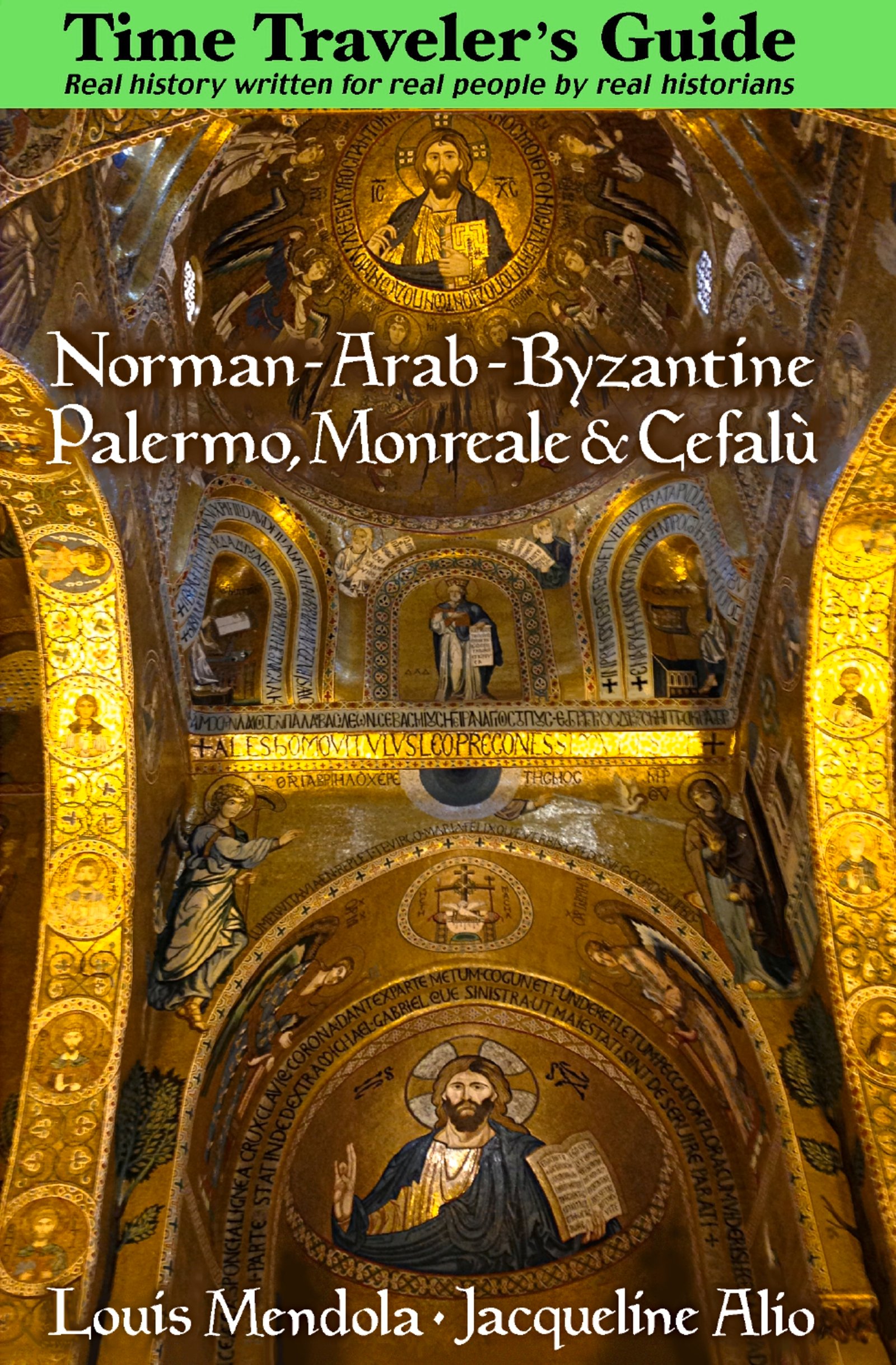Louis Mendola
Louis Mendola is one of Sicily's foremost medievalists, and one of the very few whose work is known beyond Italian borders. His first scholarly paper (on the Battle of Benevento of 1266) was published in 1985; others consider such topics as the histo
... Read more
Louis Mendola is one of Sicily's foremost medievalists, and one of the very few whose work is known beyond Italian borders. His first scholarly paper (on the Battle of Benevento of 1266) was published in 1985; others consider such topics as the history of the medieval Normans in Sicily. He wrote the first book covering the entire seven-century history of the Kingdom of Sicily, and the first English translations of two chronicles of the thirteenth century. Having researched in Italy, Britain, Spain, Germany, France and the Vatican, he has been consulted by The History Channel, the BBC and The New York Times. Read by millions internationally, his online articles have made him one of the most popular Sicilian historians of the present century.Jacqueline Alio is one of Sicily's leading historians, and part of a new wave that is writing the history of Sicily's women. Over the last decade, she has been consulted by The History Channel, The Discovery Channel and other media. An accomplished medievalist, she has published the results of her original research while writing insightful articles for a general readership. Online, her articles have captivated millions, gaining her a special place as one of the Sicilian historians with the most readers around the world. In print, scholarly works like her translation of the Ferraris Chronicle have earned her kudos in academic circles. Margaret Queen of Sicily, the first biography of that regent, is the lengthiest published work of original scholarship written in English by a historian in Sicily. She co-authored the first book in English to outline the emerging field of Sicilian Studies. Her most recent book, the result of years of research, is a compendium of biographies of the queens of Sicily into the middle of the 13th century.
Less







